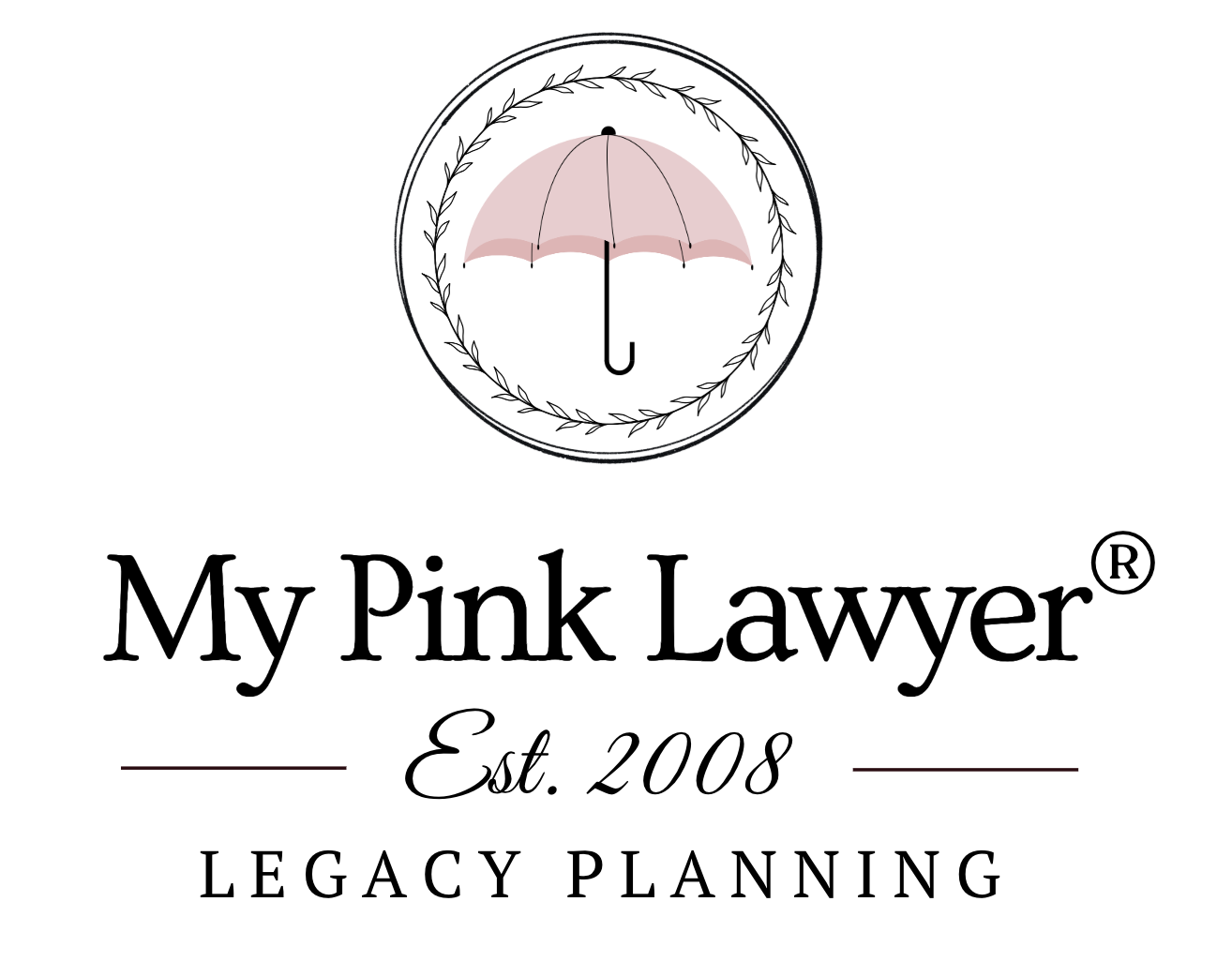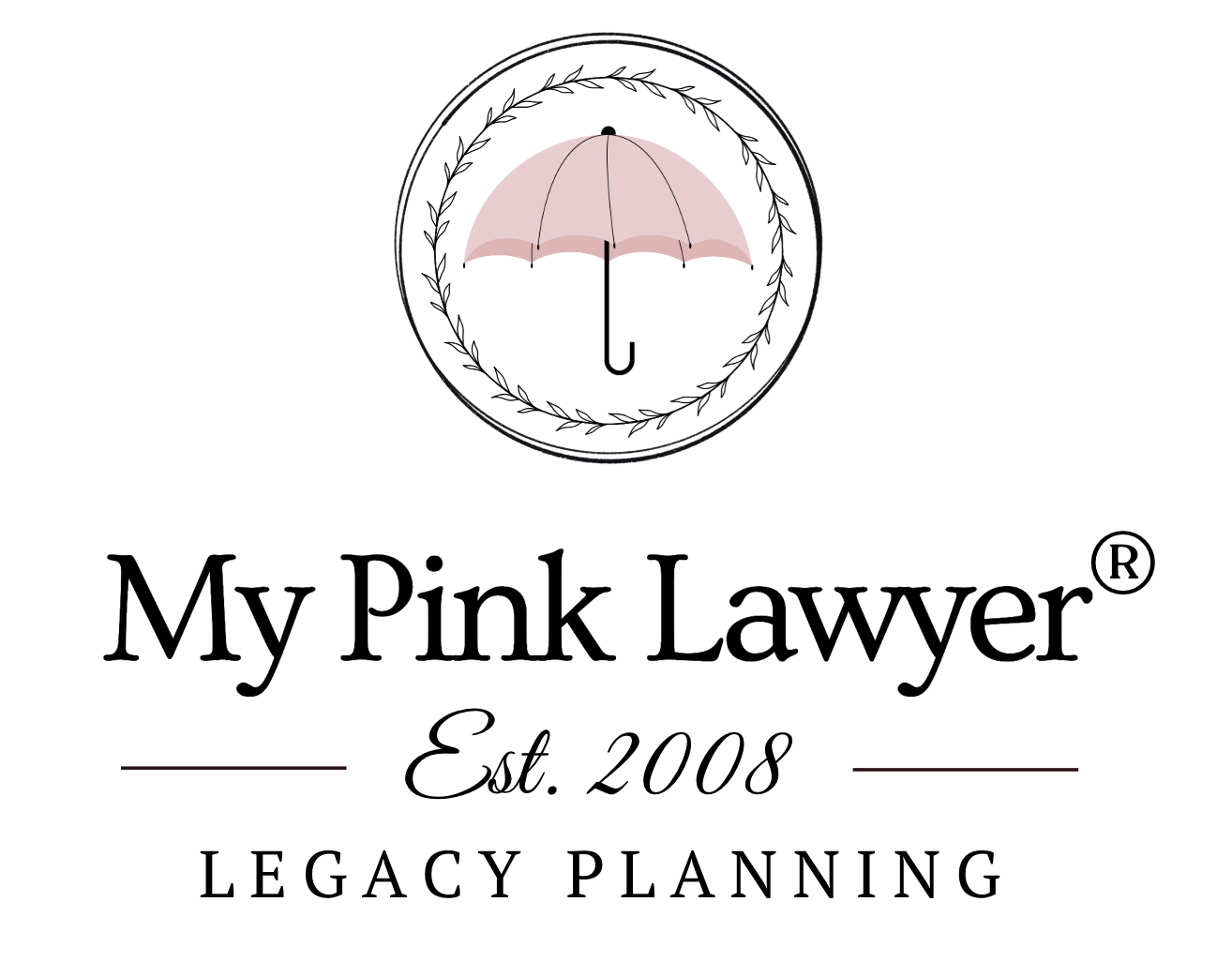Have you ever wondered why some estates need to be probated while others pass to loved ones without court intervention?
It's a great question and I'm going to answer it for you right now.
Many people mistakingly believe that a Will automatically means that your estate avoids probate.
Unfortunately, you're wrong.
What a Will does is provide written instructions to a probate judge about who you want to inherit any of your assets that need to be probated.
So now you're probably wondering what assets will need to be probated.
It's simple: any assets, property or accounts that are owned by you alone with no beneficiary associated with them.
Assets owned jointly pass automatically to the surviving co-owner upon death.
Accounts with a beneficiary such as life insurance, annuities, retirement, even bank accounts pass to the named beneficiary upon death.
Assets owned by a trust continue to be owned by the trust upon death.
So if you have a Will but all of your assets are either owned jointly or by a trust or have beneficiaries associated with them, then no probate is needed and the Will doesn't come into play.
The Bottom Line is this:
Whether your estate needs to be probated has nothing to do with whether or not you have a Will, but rather how your assets are owned and whether you have beneficiaries for those assets.
I explained this and answered many other common estate planning questions in my book, Wise Women Protect their Assets: An Essential Estate Planning Checklist for Smart Women, which you may download for FREE right now by clicking the button below.






